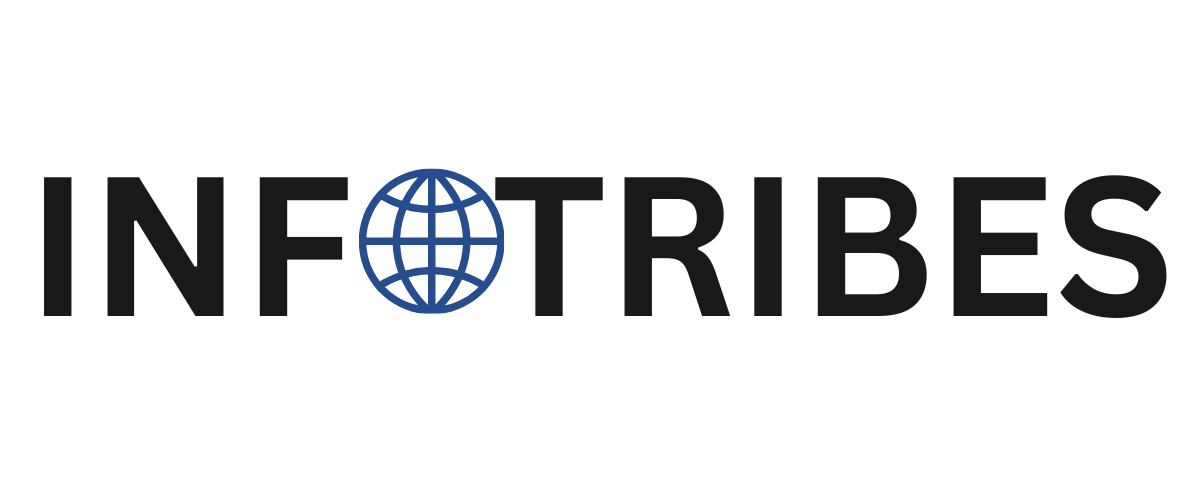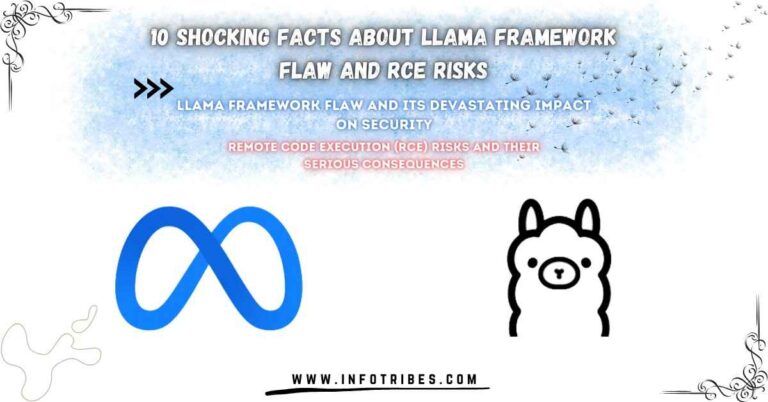Flaws in Open-Source ML Frameworks Exposed
Flaws in Open-Source ML Frameworks have upended the AI impasses, by making them freely accessible, easily user friendly, and highly functional. But like all the frameworks, these are not painless. Using recent research as a basis, we reveal several critical flaws that could undermine the reliability, security and scalability of open-source ML frameworks. In this article I look at the 5 most important challenges when it comes to open-source ML frameworks.
Security Vulnerabilities
Security of open-source ML frameworks is one of the biggest concerns. The integrity of model updates, or external dependencies, is not sufficiently verified in many frameworks. With this door open to potential supply chain attacks, it only takes a small number of malicious actors introducing a vulnerability into widely used libraries to trigger a problem. Candidly, open-source ML frameworks are susceptible to these security flaws resulting in catastrophic data breaches and models that have been compromised.

Example:
Cases where attackers used unsecured APIs to introduce malicious code on ML pipelines have been recently studied, resulting in compromised outputs and data breaches. Open-source ML frameworks of this sort can have potentially far-reaching consequences: not only will the services provided by framework users be less reliable, but the wider community using the frameworks will also be negatively affected.
Solution:
- For tighter audit code and looking for vulnerabilities, more stringent set of processes shall be defined.
- Be judicious about using dependency management practices which would result in low risks.
- Patching known (known, by when?) security issues regularly.
You can also read: Notorious Russian Hacker Behind Hive and LockBit Ransomware Arrested
Bias in Pre-trained Models
Comes bundled with pre trained models of Open-Source ML framework. However, while these may still have inherent bias imposed on them from the training datasets. The effect of this bias can produce inaccurate predictions, unwanted ethical issues and adverse effects. However, flaws in open-source ML frameworks about bias threaten trust and create large ethical challenges in deployment.
Example:
They found that a widely used image recognition model had biases against the underrepresented demographic groups when it was used to research on real tools. Attention to these biases reveals limitations and flaws in open-source ML frameworks and the importance of good inclusive data practices.
Solution:
- Visit model evaluation and bias portion to understand the regular practice of evaluating models for bias and fairness.
- Ignoring biases has brought on drastic bias to model output and by training models on more diverse and representative datasets we can mitigate these biases.
- Have an inclusive test phase at some stage in the development to pick up on, and solve potential biases as early as you can.
Poor Documentation, poor support
In all honesty, there is no guarantee that the majority of available open-source ML frameworks feature complete or up to date documentation. Developers especially greenhorns have a hard time in using these tools. But nothing is being done about it worse still is the failure to have any dedicated support channels. This can increase misapplications and blowback, as well as overall inefficiencies and frustration existed in the users, etc.
Example:
Often developers turn to the community forum for help — often not helpful or timely. The reason this is a giant pain point for new developers (and makes project timelines drag) is that there’s no comprehensive documentation for open-source ML frameworks.
Solution:
- Pour into comprehensive, up to date documentation that provides value not only to the beginning user but also the advanced one.
- Encourage users to contribute actively — so both of them can be helped actively and at the earliest possible opportunity.
- Step by step tutorials, FAQs, and video guides to better understand and use the framework.
Performance Limitations
However, some open-source ML frameworks aren’t all that efficient at handling large scale data, or complex computations. It causes slow training times, takes up more resources, and will not scale. Performance related flaws in open-source ML frameworks are a significant barrier for developers wanting to process large datasets or even deploy models in real time environments.
Example:
But when the dataset is massive, frameworks not suited for distributed computing will run into the bottlenecks and incur delay and cost. These are critical performance limitations for the open-source ML frameworks, which must be fixed, to make them usable and scalable.
Solution:
- We optimize the frameworks for distributed computing environments and facilitate parallel processing.
- Take advantage of hardware acceleration tools, like GPUs and TPUs in order to accelerate schooling and inference.
- Implement more memory management techniques to consume less resource and get more performance.

Fragmentation in the Ecosystem
There are many frameworks for machine learning ecosystem, which are open source and fit a variety of different needs. All that diversity is a strength, but it can also be a breakdown. It is common for developers to find themselves struggling integrating multiple frameworks or even moving between them. Flaws related to fragmentation found in open-source ML frameworks may complicate teams’ efforts to achieve consistency and interoperability across projects.
Example:
If a company uses one framework to develop a model, but another to deploy it, it may find it difficult to reconcile their codebases, slowing project timelines and adding additional maintenance overhead. Open-source ML frameworks are prone to these fragmentation flaws, which result in inefficiencies, and these fragments can prevent collaboration.
Solution:
- To promote interoperability standards amongst frameworks to make them more easily integrated together.
- Build unified APIs so that the transitions are simple and refactoring is not so bad.
- Support framework maintainers from collaboration to build cross compatible tools and libraries.
You can also read: Russian Hackers Take Advantage Of Deadly HATVIBE And CHERRYSPY Malware
Final Thoughts
Open-source ML frameworks have brought advanced AI tools to everyone but than their own bunch of challenges. To maintain that, we need to address these critical flaws in the open-source ML frameworks. In order to continue to exist and evolve, the open-source ML ecosystem can follow best practices and build community collaboration. It is important for developers, researchers, and organizations to be reactive to the shortcomings of using these open-source ML frameworks, as such flaws prevent them from using the full range of what is available.
FAQs
1Q: So why are open-source ML frameworks so popular?
A: Other offer free powerful tools that are built and improved with the active communities.
2Q: How can I make my ML models security vulnerable?
A: Put in place secure coding practices, use audit dependencies, update your frameworks.
3Q: Which open-source ML frameworks are popular?
A: There are many: TensorFlow, Porch, Scikit-learn and Kera’s for instance.
Opening up the full capability of open-source machine learning frameworks will require developers and researcher to stay informed and stay proactive in dealing with these challenges. Open-source frameworks for ML should not stop them from being used but rather to suggest where they can innovate and improve.
I’m also on Facebook,, Instagram, WhatsApp, LinkedIn, and Threads for more updates and conversations.







